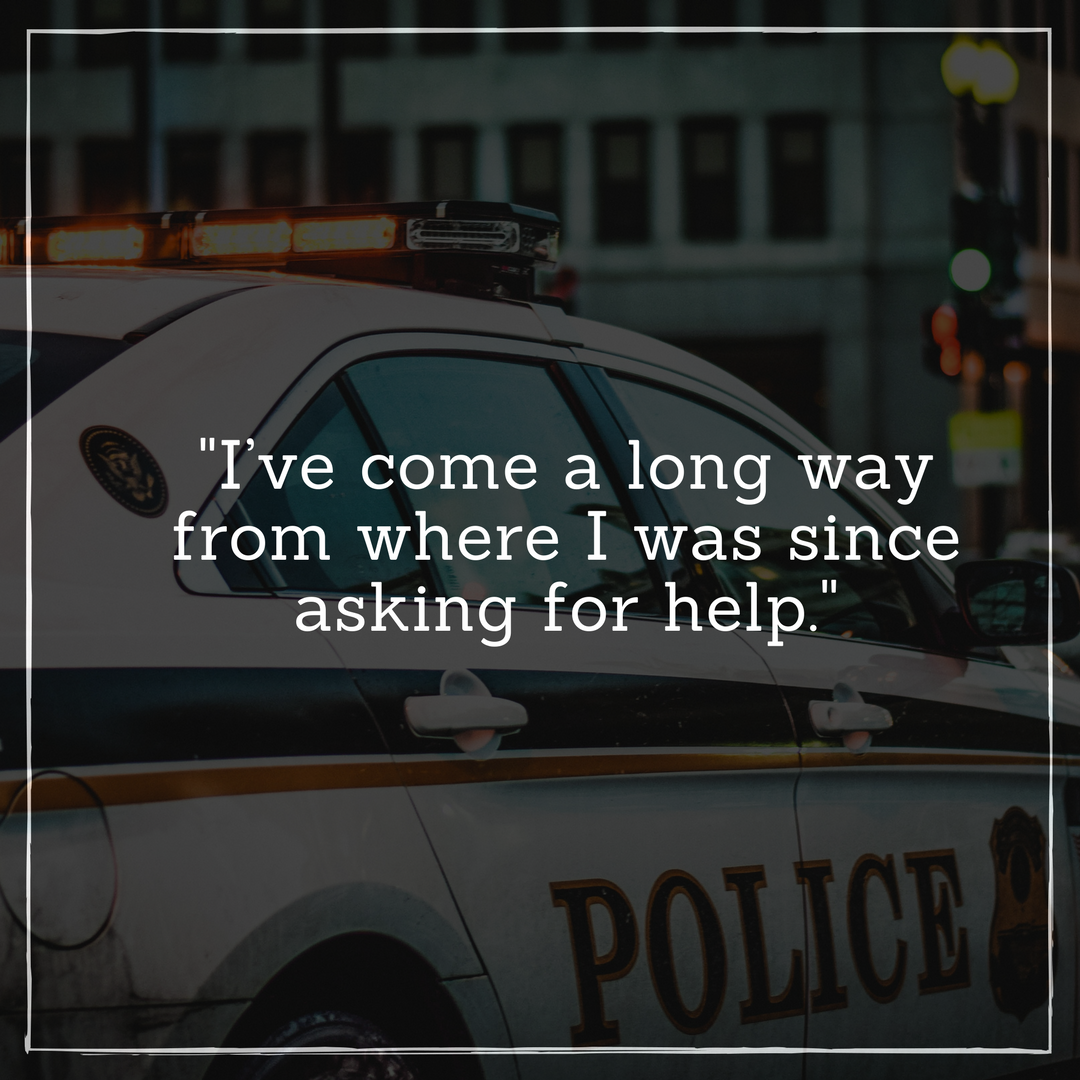February 06, 2018
By Anthony Espada

My name is Anthony Espada. I’ve been an officer with the Cleveland Police Department for a little over 24 years. I have been assigned to the Cleveland Police Second District Station most of my career. I am a Combat Veteran and served in the United States Marine Corps for 8 years. I am writing this article today to try and help with the emotional aspects of the job and to promote awareness. Also in trying to get rid of this stigma that we as police officers have on asking for help after experiencing a traumatic event or any event that seems to bother us.
Being a police officer is a rewarding career, but dangerous—not only physically, but mentally as well. Asking for help is NOT a sign of weakness. We can all agree that every assignment we get or assignments we assist on, we take a little bit of that particular incident with you. Then after years and years of witnessing suicides, child abuse, officer involved shootings, domestic violence, fellow officers getting hurt or killed (I mean the list can go on), it can get quite overwhelming and it all seems to pile up. So, what do we do? We hold this stuff in.
I was that police officer that would think, “I can’t show any weakness, I’m a police officer, it’s part of the job,” and “I’m a Marine, I can handle anything.” So, for years, as a lot of you are doing now, we hold it in and move on. My wife saw all the changes in me over the years and she would always ask me to go and talk to someone. “No way! I’m fine.” I felt normal, nothing was wrong.
When September 2015 came around, everything seemed to catch up to me and hit me all at once. From being a Marine Corps Combat Veteran, to the suicides early in my career of co-workers from the Second District, to one of my academy classmates getting shot and killed in 2008, to a shooting I was involved in 2011, to my brother-in-law also on the job dying by suicide in 2012, to even the rescue of Amanda Berry, Gina DeJesus and Michelle Knight in 2013, where I was one of the primary officers involved and had to witness the horror being in that house. That rescue triggered a memory of when I was 6 years old: I was a kidnapped victim myself. Then you include the everyday crap we all have to deal with. All that became overwhelming. My glass began to overflow.
I became overwhelmed with work and life. I became tired and wanted all the pain to go away. I felt I had two options: Pick up the phone and ask for help or continue to be that officer with the stigma of not asking for help, because it’s a sign of weakness. My decision was to make the phone call and ask for help. If I had not made that phone call, I would not be here right now writing this article. I truly believe I would have been another statistic of police suicides. It was a hard decision to make. I didn’t want to be here anymore. I was in a very dark place. I began isolating myself from family and friends. I didn’t want anyone to think I was weak and thought nobody would ever want to work with me anymore, and I was worried about what they were saying about me. All those fears go through your mind.
A lot of you are probably thinking that right now and are afraid of picking up that phone. Pick up the phone if you are suffering. You have many outlets available to you if you need someone to talk to.
Since getting help, I have become a Peer Support Officer and an advocate for mental health, especially for police officers. I was also diagnosed with PTSD, Major Depressive Disorder and Anxiety.
I’ve came a long way from where I was since asking for the help. I don’t want any of you to get to that dark place I’ve been to. Watch out for each other; look for signs. If you feel like someone is struggling, ask if you can help.
Don’t be that police officer with that stigma who tells people to “suck it up.” We all know who those guys are and those are the guys that probably need help the most. We are not robots. We’re human beings with emotions and feelings. The stuff we see and experience is not normal. If you want a long-lasting career, you have to take care of yourself—physically and mentally. That’s the only way this will work.
Everyone please be safe and take care of each other.
Submit To The NAMI Blog
We’re always accepting submissions to the NAMI Blog! We feature the latest research, stories of recovery, ways to end stigma and strategies for living well with mental illness. Most importantly: We feature your voices.
LEARN MORE